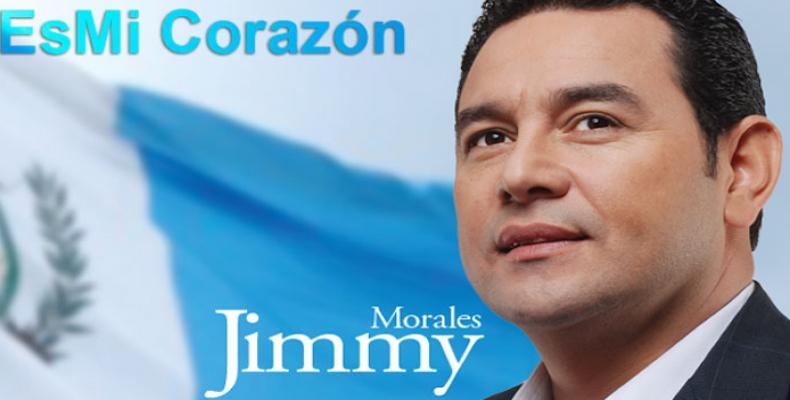Guatemala, January 20 (RHC-teleSUR) -- Facing a worsening malnutrition crisis, Guatemala may enter a public state of emergency, said Vice President Jafeth Cabrera on Tuesday.
The president “has asked us to declare a public state of emergency in the health sector to address the people most in need,” said Cabrera. “We know that the country is going through a crisis on this issue and we want to start attending to it.”
Guatemala has one of the highest malnutrition rates in the world: about 55 percent in rural areas — 69 percent among Indigenous peoples — and 47 percent of children under five — about twice as high for Indigenous children — according to the World Food Programme and a state study on maternal health.
Guatemalan President Jimmy Morales, inaugurated last week, has promised he will end chronic malnutrition within the next decade, a plan seen as unrealistic by experts. Previous governments set similar goals, including a November 2014 announcement to reduce the national malnutrition rate five points by 2030.
Among the main causes of chronic malnutrition, according to a study by the Guatemalan government, are premature and unwanted births, poverty and a lack of education. The country was also hit with a food shortage due to drought that affected 1 million of the country’s poor, according to the Food and Agriculture Organization. Food insecurity has been found to be the main reason for migration from the country, according to a study conducted by the International Organization of Migration and the World Food Program.
A USAID study, also presented Tuesday, made recommendations to the Ministry of Health to improve access to health services for the nation’s rural and indigenous populations. “There is historical inequality in the allocation of resources,” said Kenneth Hoadley, a researcher on the project. To address chronic malnutrition, the study suggested promoting the consumption of sheep’s milk and fish and declaring a public state of emergency.


